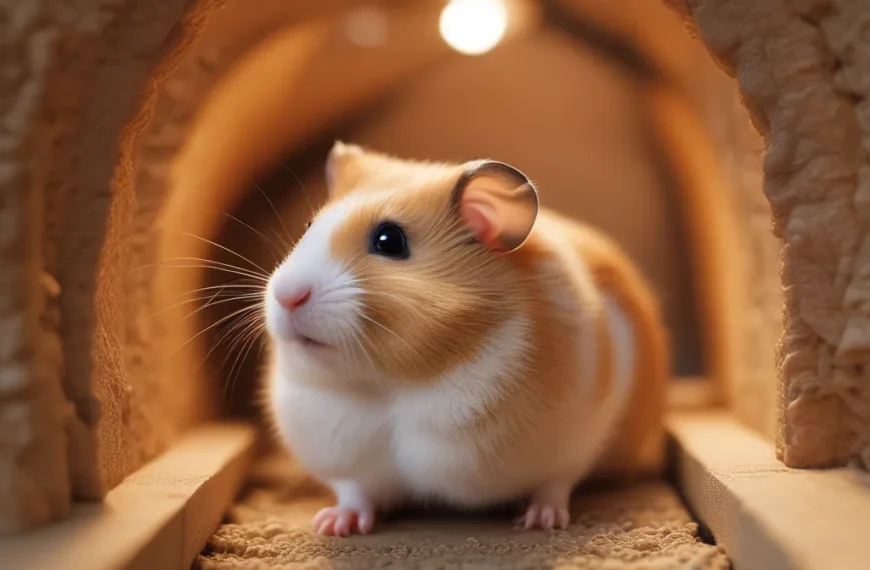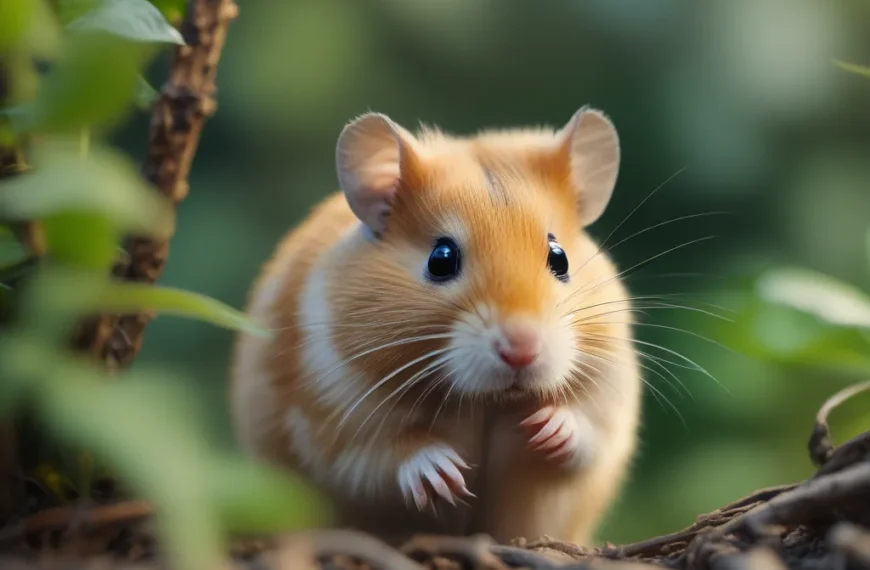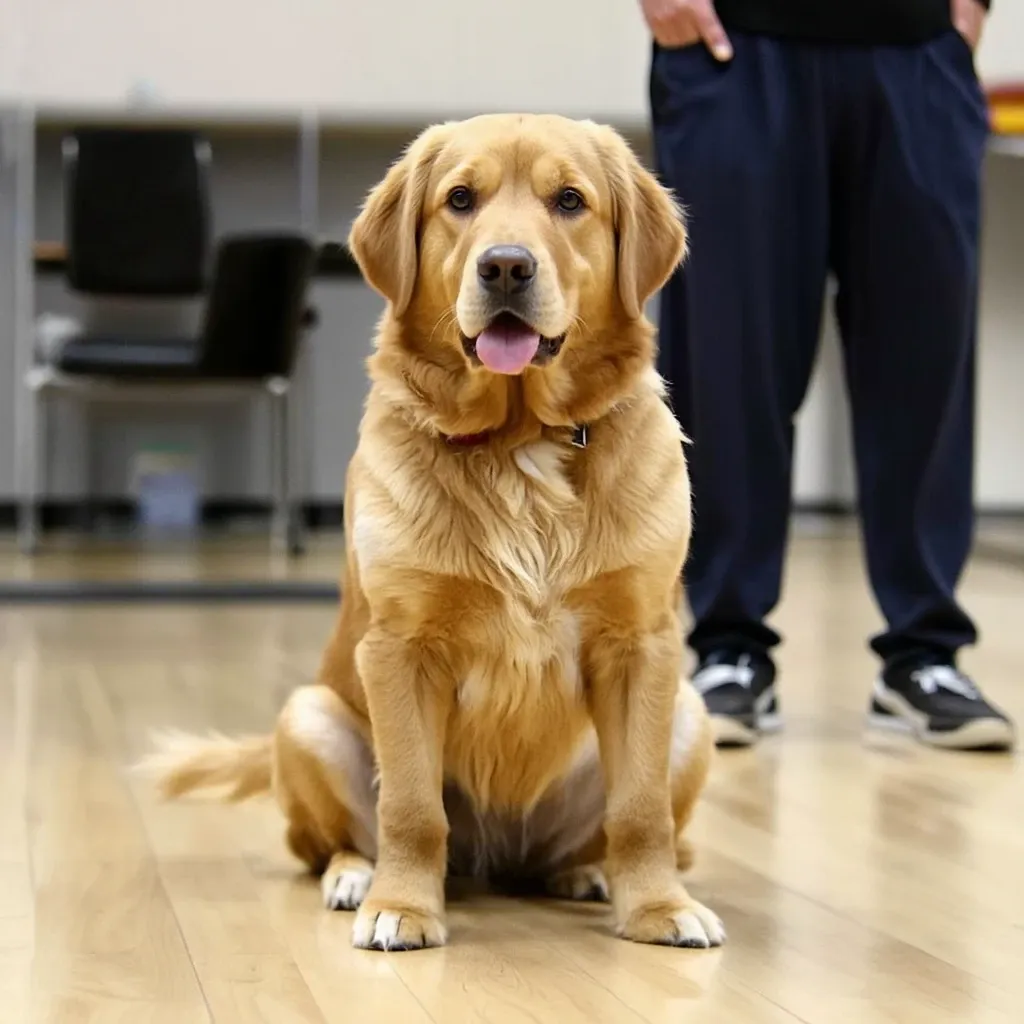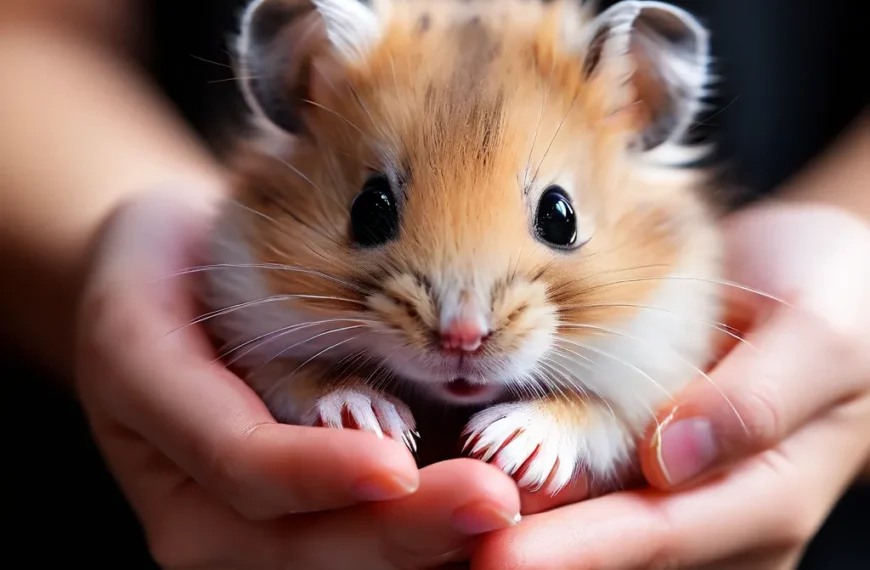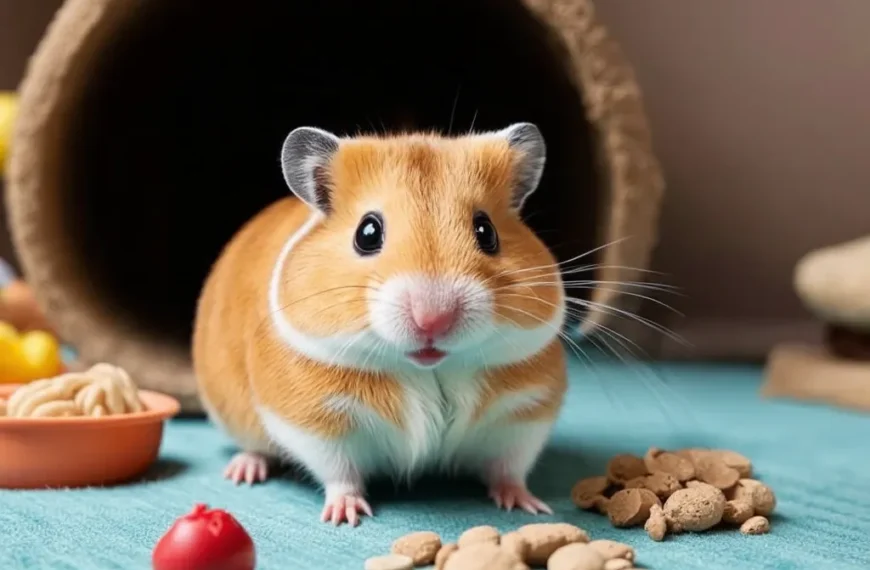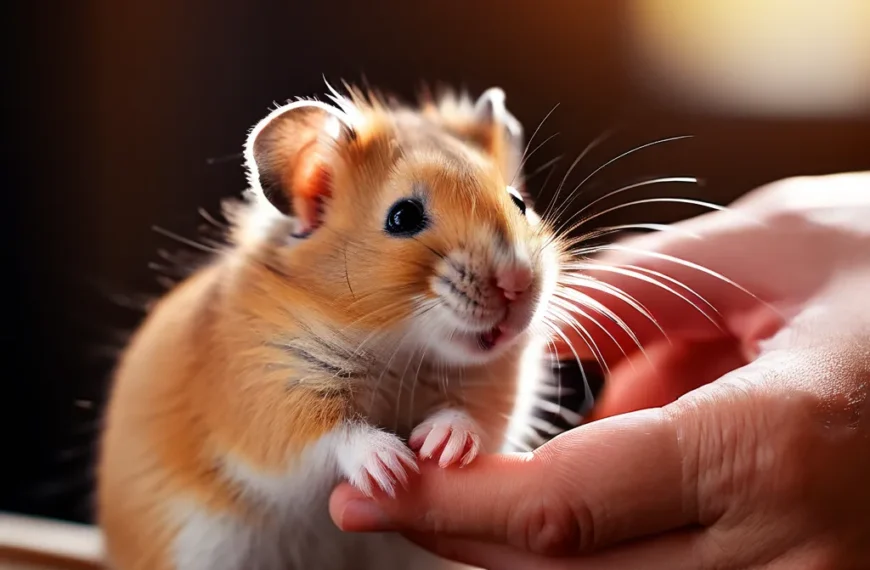Introduction
As your cat ages, it’s essential to consider their changing needs to ensure they remain healthy and happy. Senior cats require special care, and what vets recommend for them can make a significant difference in their quality of life. In this article, we’ll explore the recommendations of veterinarians for senior cats, covering dietary needs, health concerns, lifestyle adjustments, and nutritional requirements.
As your cat enters their golden years, their needs change, and it’s crucial to adapt their care accordingly. Vets recommend a range of strategies to support your senior cat’s health, from dietary adjustments to lifestyle changes. By understanding what vets recommend for senior cats, you can help your feline friend live a longer, healthier, and happier life.
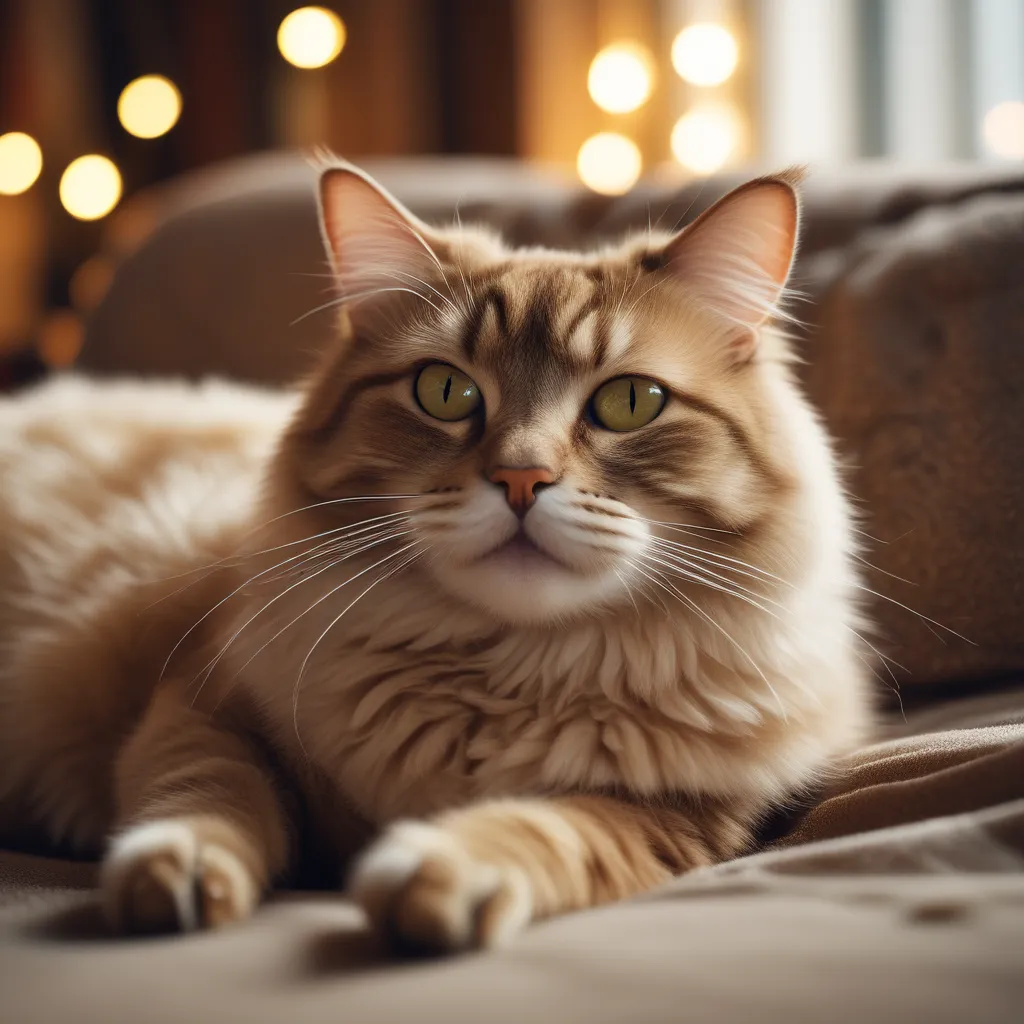
In the following sections, we’ll delve into the main points of what vets recommend for senior cats, including dietary recommendations, health concerns and veterinary check-ups, lifestyle adjustments, and nutritional needs.
Dietary Recommendations for Senior Cats
As cats age, their dietary needs change. Senior cats require a balanced diet that meets their specific nutritional requirements to maintain their overall health and well-being. Here are some dietary recommendations for senior cats:
Key Nutritional Requirements
- High-quality protein: Senior cats require a diet rich in high-quality protein from animal sources such as chicken, salmon, or beef.
- Moderate fat content: Senior cats need a moderate amount of fat to maintain their energy levels and skin health.
- Limited carbohydrates: Senior cats do not require a lot of carbohydrates in their diet, so it’s best to limit or avoid them altogether.
- Essential vitamins and minerals: Senior cats require essential vitamins and minerals such as vitamin A, vitamin D, and calcium to maintain their overall health.
Dietary Considerations
- Kidney health: Senior cats are prone to kidney disease, so it’s essential to feed them a diet that is low in phosphorus and sodium.
- Joint health: Senior cats may experience joint pain and stiffness, so a diet rich in omega-3 fatty acids and glucosamine can help alleviate these symptoms.
- Dental health: Senior cats are prone to dental problems, so a diet that helps reduce tartar and plaque can help maintain their oral health.
Feeding Tips
- Feed smaller, more frequent meals: Senior cats may have a decreased appetite, so feeding smaller, more frequent meals can help encourage them to eat.
- Choose a senior cat food: Look for a high-quality senior cat food that is specifically formulated to meet the nutritional needs of older cats.
- Avoid overfeeding: Senior cats can be prone to obesity, so it’s essential to monitor their food intake and avoid overfeeding.

By following these dietary recommendations, you can help ensure your senior cat stays healthy and happy in their golden years.
Health Concerns and Veterinary Check-ups
As your cat ages, it’s essential to be aware of the common health concerns that can affect them. Regular veterinary check-ups can help identify these issues early on, ensuring your senior cat receives the best possible care.
Common Health Issues in Senior Cats
Senior cats are prone to various health issues, including:
- Urinary Tract Infections (UTIs): Caused by a multitude of different issues, UTIs result when an infection sets up in the bladder.
- Arthritis: Symptoms include stiffness, limping, reluctance to jump, and decreased activity. Wear and tear on the joints, previous injuries, and obesity can contribute to arthritis in senior cats.
- Hyperthyroidism: An overactive thyroid gland is a common condition in senior cats, causing symptoms like weight loss, increased appetite, and restlessness.
- Dental Problems: Dental issues such as periodontal disease and tooth decay become more common as cats age, impacting their overall health and well-being.
- Diabetes: Older cats are at higher risk of developing diabetes, which can lead to symptoms like increased thirst and urination.
- Cognitive Decline: Senior cats may experience cognitive decline, leading to changes in behavior and memory loss.
- Kidney Disease: Kidney disease is a common condition in older cats, which can lead to symptoms like increased thirst and urination.
Importance of Regular Veterinary Check-ups
Regular veterinary check-ups are crucial for senior cats to:
- Monitor their health and detect any potential issues early on
- Prevent or manage chronic conditions
- Maintain their quality of life
- Address any concerns or questions you may have as a pet owner
What to Expect During a Veterinary Check-up
During a veterinary check-up, your vet will:
- Perform a physical examination to assess your cat’s overall health
- Take a complete medical history to identify any potential health issues
- Run diagnostic tests, such as blood work and urinalysis, to detect any underlying conditions
- Provide guidance on diet, lifestyle, and care to ensure your cat’s optimal health
By staying on top of your senior cat’s health concerns and scheduling regular veterinary check-ups, you can help ensure they live a happy, healthy life.
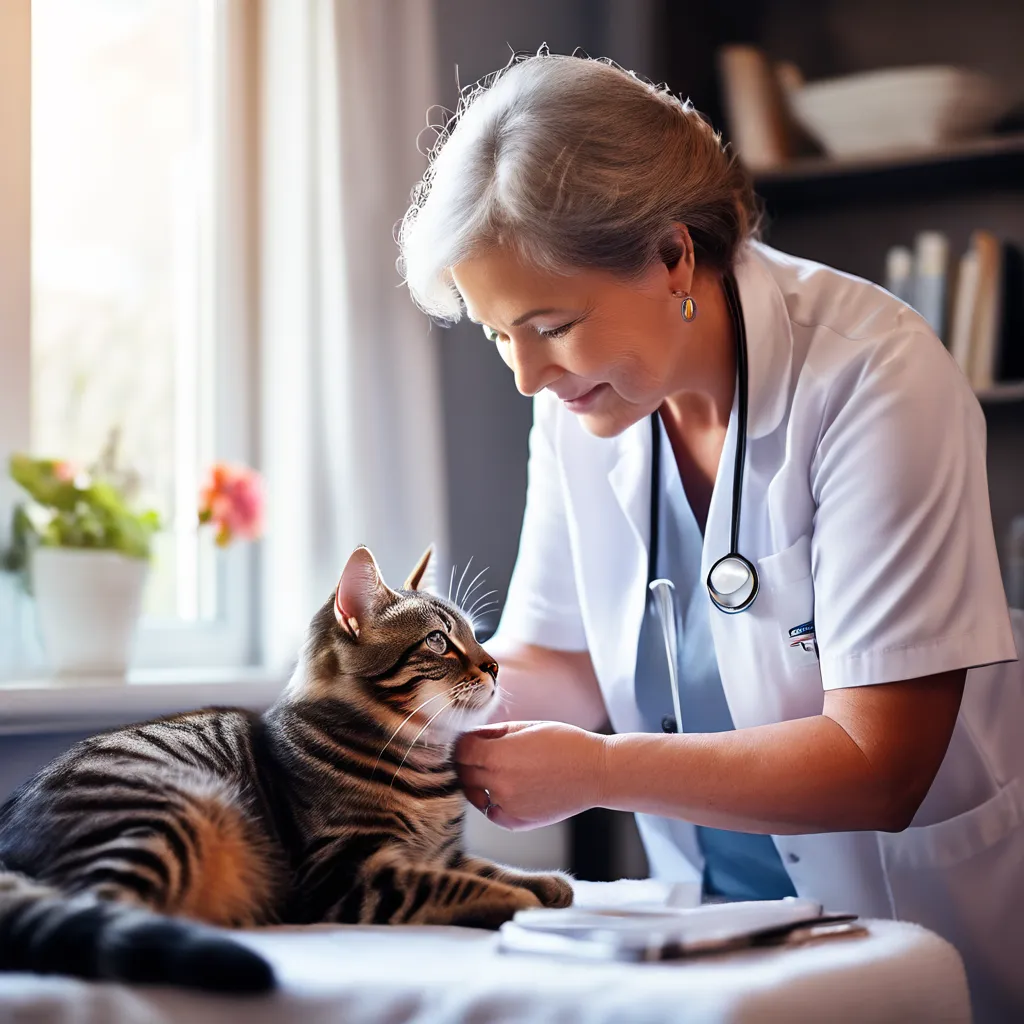
Lifestyle Adjustments for Senior Cats
As cats mature, it’s completely normal to notice changes in behavior and lifestyle, just like with us humans. Senior cats are just as lively and loving as their younger counterparts, yet they may require some extra care and understanding with advancing in age. Here are some lifestyle adjustments you can make to ensure your senior cat stays happy and healthy:
Provide a Comfortable Environment
- Start with softer bedding. Opt for orthopedic beds that provide extra support for aging joints. Cats often sleep more, and having a cozy spot makes a world of difference.
- Use non-slip surfaces throughout your home, especially where your cat moves frequently. Consider adding rubber mats or textured rugs to provide stable footing.
Adjust Their Diet
- Older cats need increased protein to maintain their body mass. The source of this protein needs to be high quality and easy to digest to ensure proper absorption.
- For seniors who have trouble maintaining their weight, look for formulas with moderate to high levels of quality fat.
Prioritize Feline Dental Health
- Practice dental care regularly to prevent oral health issues.
- Monitor for signs of pain or discomfort while eating or swallowing.
Provide Physical and Mental Stimulation
- Engage your senior cat in play activities that are low-impact and gentle, such as feather toys or laser pointers.
- Provide puzzle toys filled with treats to challenge their minds and keep them engaged.
Schedule Regular Vet Visits
- Regular check-ups with your veterinarian will help monitor your senior cat’s health and catch any potential issues early.
By making these lifestyle adjustments, you can help ensure your senior cat stays happy, healthy, and comfortable in their golden years.
Nutritional Needs of Senior Cats
As cats enter their senior years, typically around the age of seven, their nutritional needs evolve, requiring a more attentive approach to their diets. Senior cats need different levels of nutrients than kittens or adult cats. Between the ages of 7 and 11, senior cats have a higher risk of obesity due to a decrease in activity levels and metabolism. Cats over age 11 are considered geriatric and are more likely to lose body mass.
Key Nutritional Requirements for Senior Cats
- High-quality protein: Senior cat food should provide a focused increase of high-quality protein to help adjust levels of fat and maintain muscle mass.
- Moderate fat content: Senior cat food should have moderate fat content to support energy needs and maintain skin and coat health.
- Limited carbohydrates: Senior cat food should have limited carbohydrates to prevent weight gain and insulin resistance.
- Essential vitamins and minerals: Senior cat food should provide essential vitamins and minerals, such as vitamin A, vitamin D, and calcium, to support overall health and well-being.
- Adequate moisture: Senior cat food should have adequate moisture content to support urinary health and prevent dehydration.
Health Benefits of Senior Cat Food
- Weight management: Senior cat food helps manage weight and prevent obesity, which can reduce the risk of age-related health issues.
- Joint support: Senior cat food often contains joint supplements, such as glucosamine and chondroitin, to support joint health and mobility.
- Digestive health: Senior cat food is formulated to support digestive health and prevent age-related digestive issues.
- Urinary health: Senior cat food helps maintain urinary health and prevent age-related urinary issues.
Tips for Feeding Senior Cats
- Consult with your veterinarian: Consult with your veterinarian to determine the best diet for your senior cat based on their individual needs and health status.
- Monitor food intake: Monitor your senior cat’s food intake and adjust as needed to prevent overfeeding or underfeeding.
- Provide fresh water: Provide fresh water at all times to support urinary health and prevent dehydration.
Conclusion
As we’ve explored the various aspects of caring for senior cats, it’s clear that their needs are unique and require attention to detail. From dietary recommendations to lifestyle adjustments, every aspect of their care plays a crucial role in ensuring they live a happy and healthy life.
By following the guidelines outlined in this article, you can help your senior cat thrive in their golden years. Remember to consult with your veterinarian regularly to monitor their health and make any necessary adjustments to their care.
Some key takeaways to keep in mind include:
- Providing a balanced and nutritious diet that meets their specific needs
- Staying on top of veterinary check-ups to catch any potential health issues early
- Making lifestyle adjustments to accommodate their changing needs
- Ensuring they receive the proper nutrition to maintain their overall health
By following these guidelines and staying committed to providing the best possible care, you can help your senior cat live a long and happy life.



